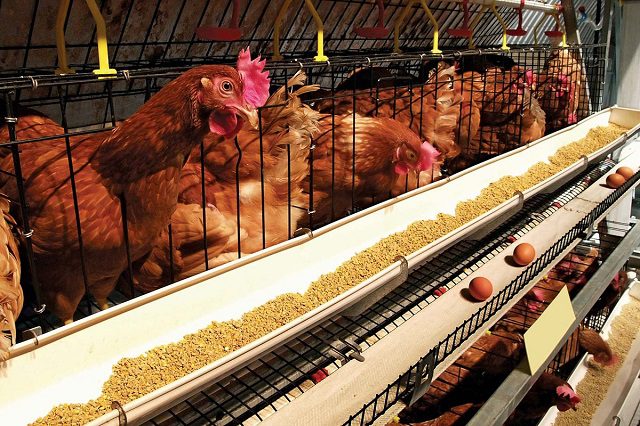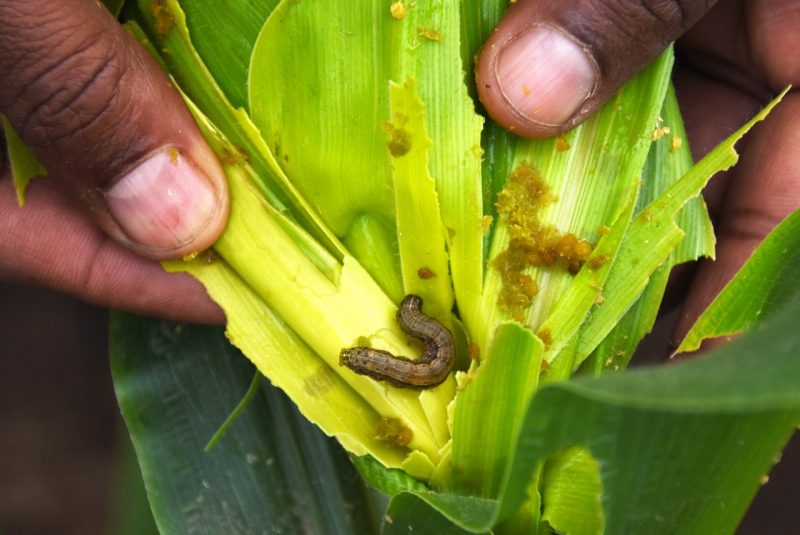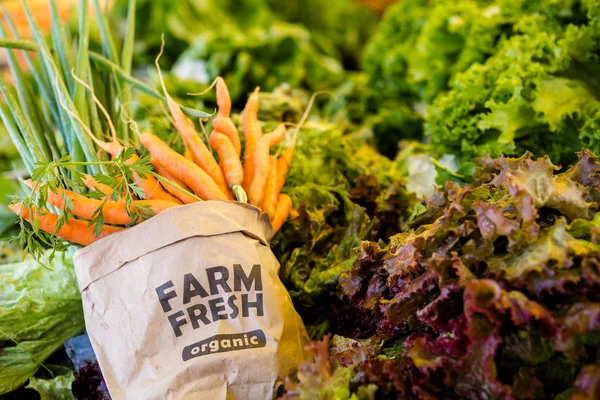Improved agriculture is a tool for promoting food security, health, and incomes of rural and urban households. Governments, donors, and agriculture NGOs commit huge funds to invest in the 17 global sustainable development goals (SDGs). These projects are benefiting the livelihoods of millions of people to access more food, improve their nutrition, and improve their incomes.
In this list, we will give you a list of the ongoing projects in rural and agricultural development.
Agriculture NGOs & Sustainable Development
Agriculture projects focus on various aspects of agriculture, such as organic farming, organic agriculture, agribusiness, and food security. They implement projects and programs to improve the lives of farmers, promote sustainable agriculture practices, and contribute to the overall development of rural communities in Kenya
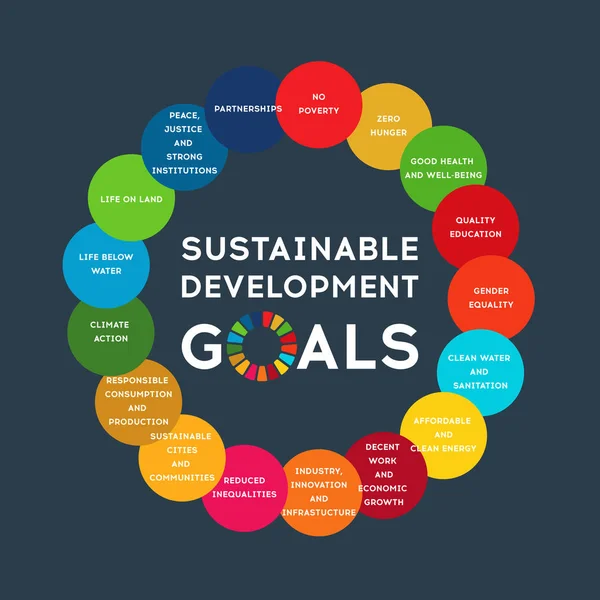
It regards sustainable development. majority of them focus on following global sustainable development goals (SDGs) by the United Nations.
- Food security (SDG 2- zero hunger),
- Nutrition (SDG 3- good health and well-being),
- Income (SDG 1-No poverty).
- Social inclusion(SDG 10-reduced Inequality)
- Climate-smart agriculture (SDG 13-Climate action),
- Improved business climate (SDG 8-Decent work and economic growth).
- Clean water provision (SDG 6- clean water and sanitation)
Benefits of Working with Agriculture NGOs
Why do you need to know the active projects? If one is covering your area, you can get some of the following social-economic benefits;
- Grants; project participants can receive partial or full NGO funding opportunities to execute plans and research. Special interest groups like youth and women can access start-up business grants to establish firms or small business grants and donations for scaling up ideas.
- Free or cheaper services; By participating in an Agriculture NGO project in your area, you can access subsidized services like soil testing or training.
- Funding: as a beneficiary, you can get goods in kinds such as improved seed varieties and animal breeds or greenhouse equipment like drip irrigation kits.
- Employment; NGOs and Donors hire many food security interns and staff including Ph.D. researchers. They designate some of those roles for nationals or locals like you. If you are qualified and lucky, you may get a very well-paying job or research funding opportunity.
- Training; at the heart of current projects is capacity building to focus on shifting from aid to trade. They empower market players to improve in farming, food preservation, and processing as well as marketing techniques.
A list of the Best NGO Development Programs in Kenya
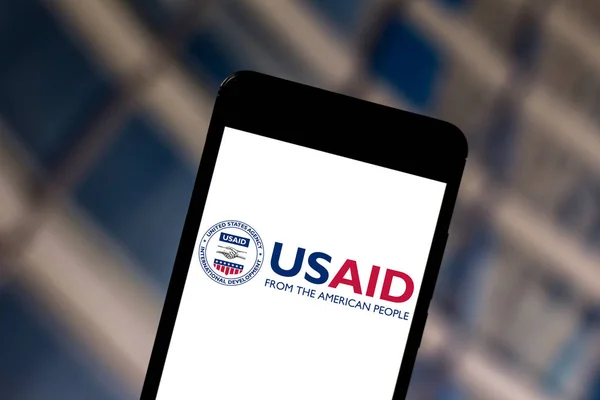
In this post, we give you a list of the ongoing rural development and food security projects in Kenya. Where possible, we have a highlight of the projects’ intended objectives, contacts, and target counties.
KCSAP Project
Kenya Climate-Smart Agriculture Project (KCSAP) is a Government of Kenya (GOK) and World Bank-supported project. It is executed by the Ministry of Agriculture, Livestock, Fisheries, and Irrigation (MoALF&I). Its aims are increased yields, adaptation, and mitigation. It is in over 20 counties and targets sorghum, millet, cassava, dairy, poultry, and aquaculture value chains. Explore its details and Visit the website.
CS APP
AgriFI Kenya’s support of the Climate Smart Agricultural Productivity Project (CS APP) is a 5-year project running from 2019 to 2024. It is Co-funded by the European Union and GOK. The Kenya Agricultural and Livestock Research Organization (KALRO) is executing the program. Its main aim is to reduce the national food deficit and improve sector competitiveness. Its target value chains include white sorghum, green grams, cashew nuts, poultry, aquaculture, and beekeeping, etc. Visit the CS APP website.
KCDMS
The Kenya Crops and Dairy Market Systems (KCDMS) is a 5-year program running from 2017. It is funded by the United States Agency for International Development (USAID) and managed by RTI International. The USAID grant aims to increase production and reduce poverty and malnutrition in 12 counties. Its selected value chains are; dairy, fodder, mango, banana, avocado, pineapple, passion fruit, sweet potato, and African Leafy Vegetables.
LMS
The Kenya Livestock Market Systems (LMS) is a 5-year program funded by the USAID, Feed the Future program. Implemented by ACDI/VOCA, Mercy Corps, and BOMA Project. The LMS aims to strengthen people’s resilience to shocks and stresses and reduce the prevalence and depth of poverty, household hunger, and chronic undernutrition. It targets Garissa, Isiolo, Marsabit, Turkana, and Wajir counties.
KIM
The Feed the Future Kenya Investment Mechanism (KIM) program is a five-year program running from August 2018 to August 2023. It is funded by USAID and implemented by the Palladium Group. It aims to promote access to finance and mobilize capital essential for fostering development in Kenya’s agricultural market system.
MAP
Kenya Markets Assistance Programme (MAP) is an ongoing project funded by the Department for International Development (DFID) and run by the Kenya Markets Trust (KMT) its aim is to improve how agriculture markets can work better for the poor to increase their incomes and create jobs creation. It targets Kenya’s livestock, inputs, and water sectors.
CRAFT
Climate Resilient Agribusiness for Tomorrow (CRAFT) is a 5-year program running from June 2018 to May 2023. The initiative is financed by the Netherlands Ministry of Foreign Affairs and run by SNV. It aims to increase the availability of climate-smart foods for the growing population in Kenya, Tanzania, and Uganda by promoting the adoption of climate-smart sustainable production methods.
Potato value chains
Promotion of Nutrition-Sensitive Potato Value Chains in East Africa is a 2016 to 2022 project is funded by the Deutsche Gesellschaft für Internationale Zusammenarbeit (GIZ-Kenya) as part of its One World–No Hunger Initiative. The project aims to raise the productivity of smallholder farms and improve the quality of their potatoes for higher yields and income. Its focus is on selected regions of Kenya and Uganda. The program partners include KALRO, the International Potato Center (CIP), and the National Potato Council of Kenya (NPCK).
PCSL
The Programme for Climate-smart Livestock Systems (PCSL) program is a 5-year program running from 2018 to 2022. The GIZ-Kenya-funded project is implemented by the International Livestock Research Institute (ILRI) and the World Bank (WB). It focuses on developing climate-smart livestock systems like improvements in the cultivation of fodder crops, feed processing as well as manure and pasture management.
“Mifugo ni Mali”
The mifugo ni mali is KCB Foundation’s livestock value chain program that targets livestock keepers in Arid and Semi-Arid Lands (ASALs). It aims to commercialize the dairy, meat, honey, and fish value chains and transform them for livestock producers to get maximum returns. It runs the program in 10 counties.
FASRAT
The Financial Access to SME & Rural Population in Agriculture using Technology (FASRAT) is an agriculture and agribusiness project by the Equity Group Foundation. It aims to reach out to 60,000 farmers and 5,000 SMEs between 2019 and 2021. It will empower them in financial education, agribusiness, good agricultural practices (global G.A.Ps), and entrepreneurship.

